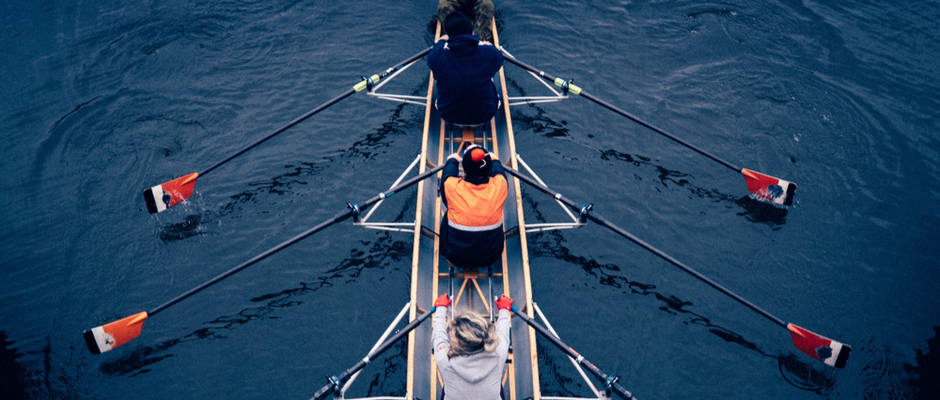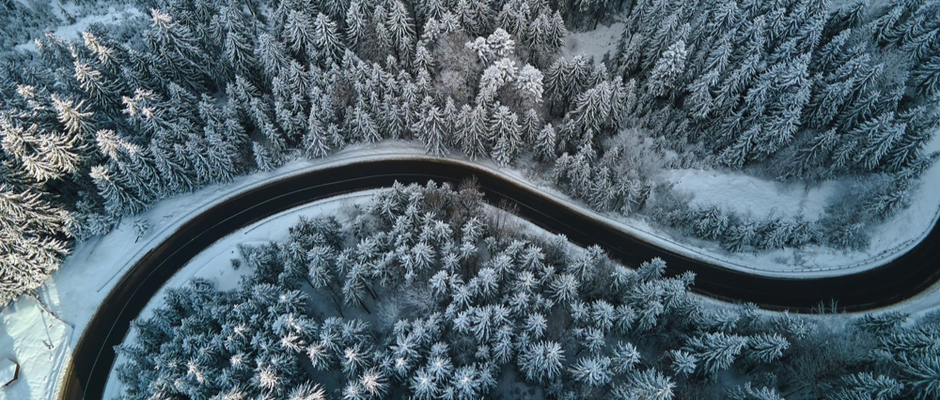What if some day or night a demon were to steal after you into your loneliest loneliness and say to you: “This life as you now live it and have lived it, you will have to live it once more and innumerable times more; and then there will nothing new in it, but every pain and every joy and every thought and every sigh and everything unutterably small or great in your life will return to you, all in the same succession and sequence—even this spider and this moonlight between the trees, and even this moment and I myself. The eternal hourglass of existence is turned upside down again and again, and you with it, speck of dust.”
Would you throw yourself down and gnash your teeth and curse the demon who spoke thus? Or have you once experienced a tremendous moment when you would have answered him: “You are a god and never have I heard anything more divine.” If this thought gained possession of you, it would change you as you are or perhaps crush you. The question in each and every thing, "Do you desire this once more and innumerable times more?" would lie upon your actions as the greatest of weight. Or how well disposed would you have to become yourself and to life?
—Nietzsche, "The Greatest Weight” from The Gay Science (1882)

The Dominance of the Drift
It often feels like you choose your own path, as if you made the decisions that have placed you where you are now. Sure, you made some of those decisions, but most of them were imposed on you. You may have chosen your college major, but it's likely that you went to college because that’s what was expected of you. You may have chosen a profession, but the decision to get a safe job—one with a 401K, good benefits, a tolerable if somewhat annoying manager, and a reasonable commute—was made long before you had a say in it.
While it may feel as if you are the captain of your own fate, mostly you are caught up in the Drift, being pulled down a river that runs faster than you would like to a destination that you didn’t pick. The eternal hourglass Nietzsche refers to restarts every generation, as most of us drop our children into the same running river in which we find ourselves.
Nietzsche's challenge should prompt you to examine your life and contemplate whether or not you would want to repeat it for all eternity, an idea that may strike you as "divine" or that may "crush you." You, like most others, are caught in the dominance of the Drift.
Would You Repeat This Journey for All Eternity?
Breaking free from the Drift isn't about recognizing your regrets. It's not about listing out all the things you might have done differently, knowing what you know now. You've already paid the price for those mistakes by living with the consequences of your actions, you owe the past nothing more.
Instead, the opportunity here is to look at what you are doing now and decide whether you would you choose to repeat it forever. While regrets offer little value aside from “don’t do that again,” there is tremendous value in determining what you will do with your future. The greatest weight should not be a past you cannot change but the future you actively create.

A Single Path from Start to Finish
To escape the Drift, you have to work against the current with all your might, moving instead in a direction of your choosing. Your path and mine both have a start and a finish, but that may be the only thing they have in common. No law, natural or otherwise, says you have to stay in the same river you started in. No matter how early or how late you recognize that you are unhappy in the Drift, you may choose another direction, effectively starting another life. You have an absolute right to choose that path for yourself, regardless of what it might be, with no regard for the opinions of those caught up in the Drift.
If you wouldn't want to repeat this life repeatedly for all eternity, why would you consent to live it once? The genius of Nietzsche's thought experiment is that it forces you to grapple with having the power to change your own life. You can change who you are, what you do, and the path you choose. Most people would claim that they have the power to change their own life, but their actions—surrendering to the comfort and familiarity of their corner of the Drift—belie their beliefs.
Many of my Sunday sermons have been about the person that comes after the person you are now. But they’re also about the Drift, our willingness to be carried in a direction someone else chose to a destination we don’t really want. Because you only get walk your path once, make certain it is one you would want to walk for the rest of eternity. This is the greatest weight.











